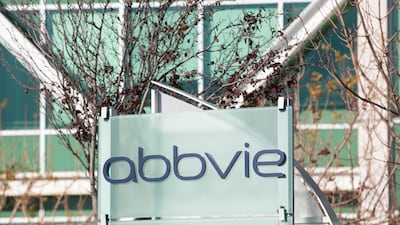
With two misses for emraclidine, AbbVie will hope to extract some value from the Cerevel acquisition from the Parkinson’s drug tavapadon, while BMS may get a big lead in the schizophrenia space.

The company said it does not see a development path for zelnecirnon based on feedback from the US FDA. It halted two Phase II trials in asthma and atopic dermatitis earlier this year.

Pipeline Watch is a weekly snapshot of selected late-stage clinical trial events and approvals announced by pharmaceutical and biotech companies at medical and industry conferences, in financial and company presentations, and in company releases and statements.
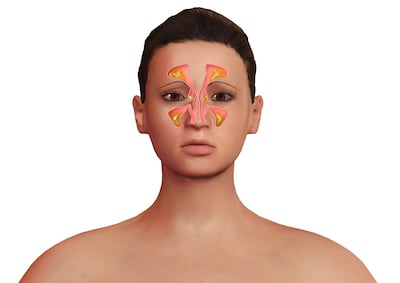
AstraZeneca and Amgen’s first-in-class anti-TSLP agent Tezspire, already approved for severe asthma, has shown an ability to reduce the size of nasal polyps and improve congestion.
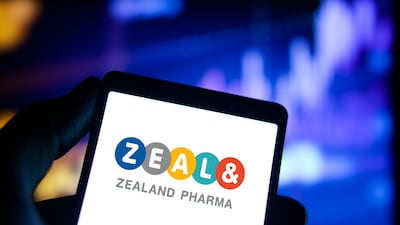
The Danish company believes amylin analog petrelintide can compete with GLP-1 agonists – and hopes an imminent Phase III readout from Novo Nordisk’s rival drug will give it a boost too.

Beyond its cardiovascular partnership with AstraZeneca, Ionis is getting ready to launch antisense drugs for familial chylomicronemia syndrome and hereditary angioedema.

The biotech’s challenger CAR-T is matching Carvytki in efficacy and showing an edge in safety in abstract data released ahead of the December meeting.

The UK-based company is playing catch up in obesity, but believes it has a unique offering in a three-in-one therapy now moving into Phase II.

Oscotec co-CEO Taeyoung Yoon highlights anti-resistance and anti-tau therapies as the Korean bioventure’s next possible blockbuster candidates after the landmark US approval of lazertinib for lung cancer.

Viking’s dual GLP-1/GIP agonist VK2735 continues to make headlines for strong efficacy and tolerability with oral and injectable formulations. CinFina reports progress with two new MOAs.

While Eisai/Biogen and Eli Lilly are focused on knocking down barriers to uptake for their anti-amyloid drugs, Roche hopes it can beat them both on safety and efficacy with its brain shuttle technology.

Pipeline Watch is a weekly snapshot of selected late-stage clinical trial events and approvals announced by pharmaceutical and biotech companies at medical and industry conferences, in financial and company presentations, and in company releases and statements.
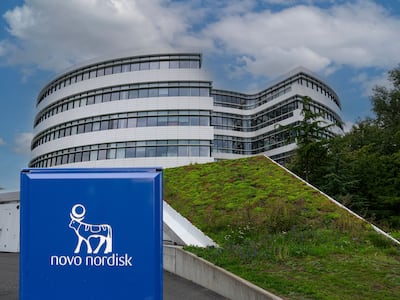
The blockbuster GLP-1 analog demonstrated a capability for fibrosis reduction and disease resolution in the Phase III ESSENCE study. The firm plans to file for approval in 2025.

The changes expand the commercial potential of the PD-1/VEGF targeting immunotherapy's trial, but worries about delays and endpoint success have reigned in Summit's formerly skyrocketing share price.

The UK group began more clinical trials last year than any other company, a new report from Citeline has found.

Pipeline Watch is a weekly snapshot of selected late-stage clinical trial events and approvals announced by pharmaceutical and biotech companies at medical and industry conferences, in financial and company presentations, and in company releases and statements.
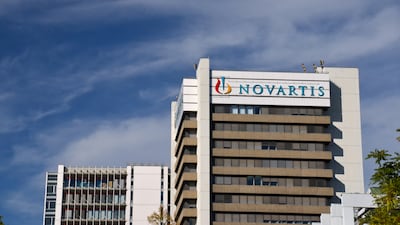
The company presented positive Phase III data at the American Society of Nephrology meeting for the factor B inhibitor in C3G, a rare kidney disease with no approved treatments.
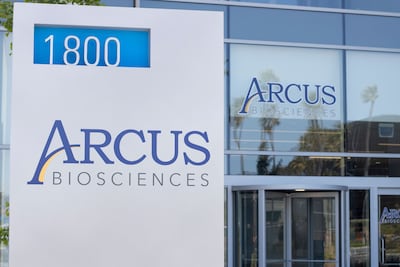
Although from a small Phase I/Ib study, Arcus presents data showing better response rate, disease control and tolerability for casdatifan compared to Merck’s approved renal cell carcinoma drug Welireg.

The gene-editing therapy produced functional cures in eight of 11 patients receiving the go-forward 50mg dose, but the rate fell short of what some investors had hoped for.

Senior executives from GSK, Bayer, Johnson & Johnson and Novartis discuss their experiences and some of the practical aspects of deploying AI in clinical trials. The potential of the technology to fundamentally alter how firms ensure the quality of data was also among the key talking points.